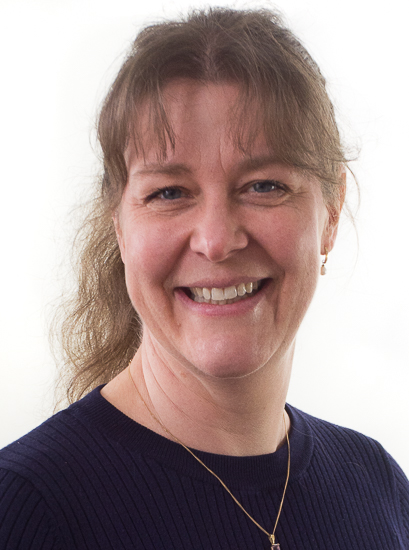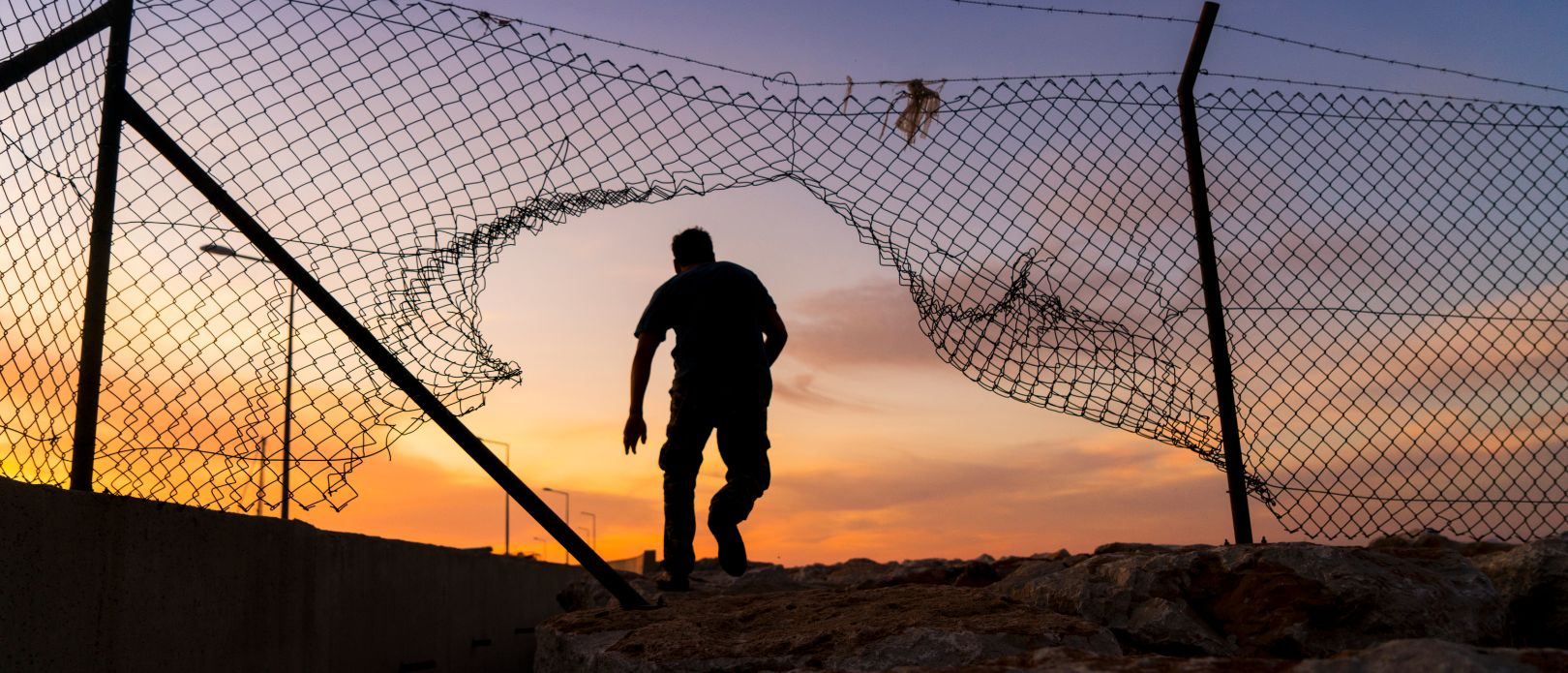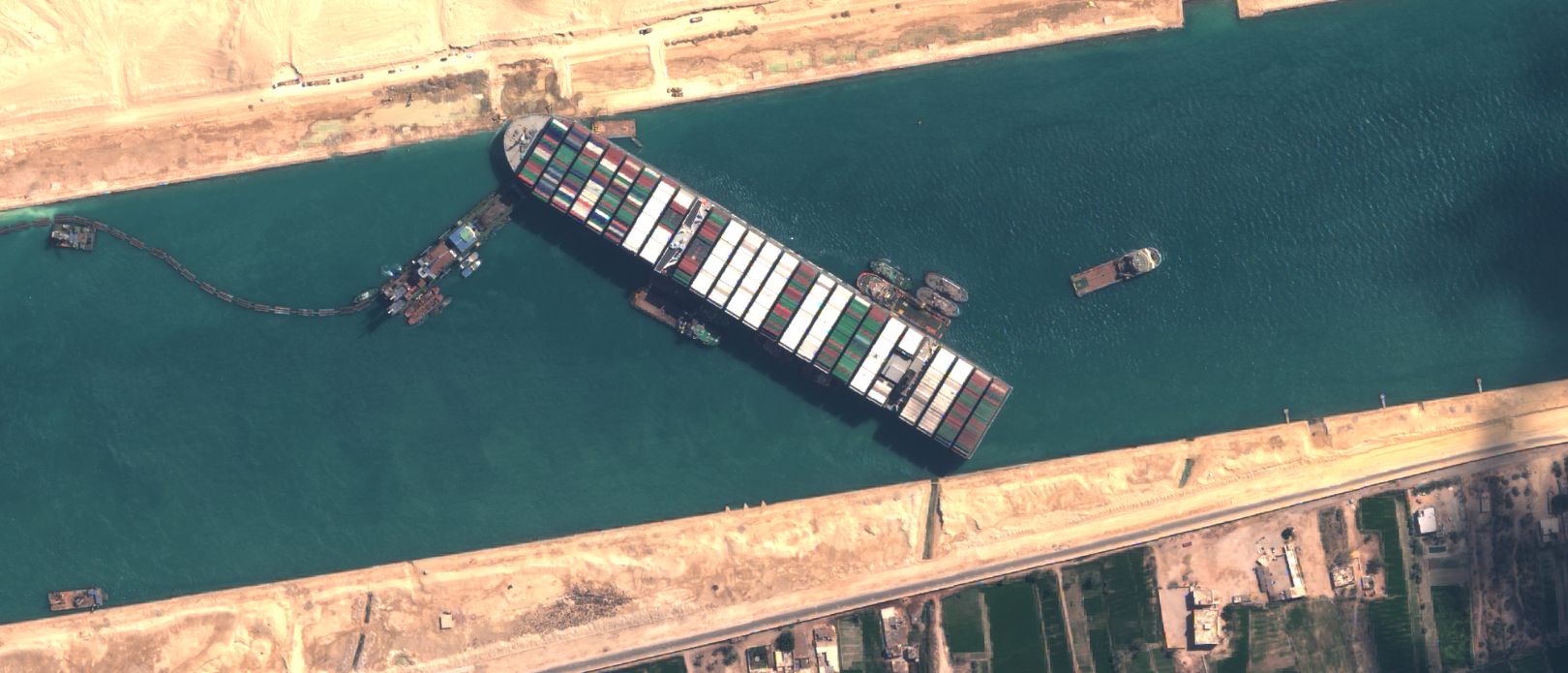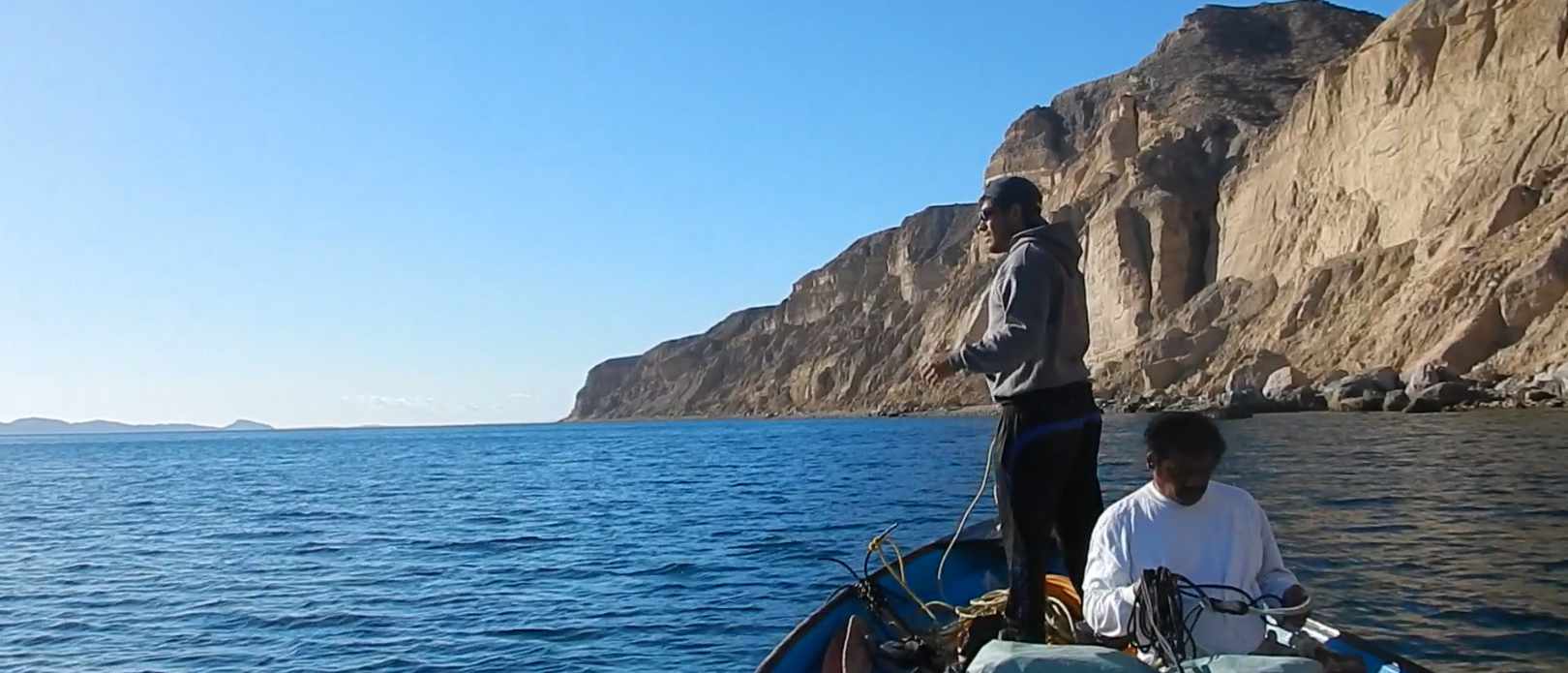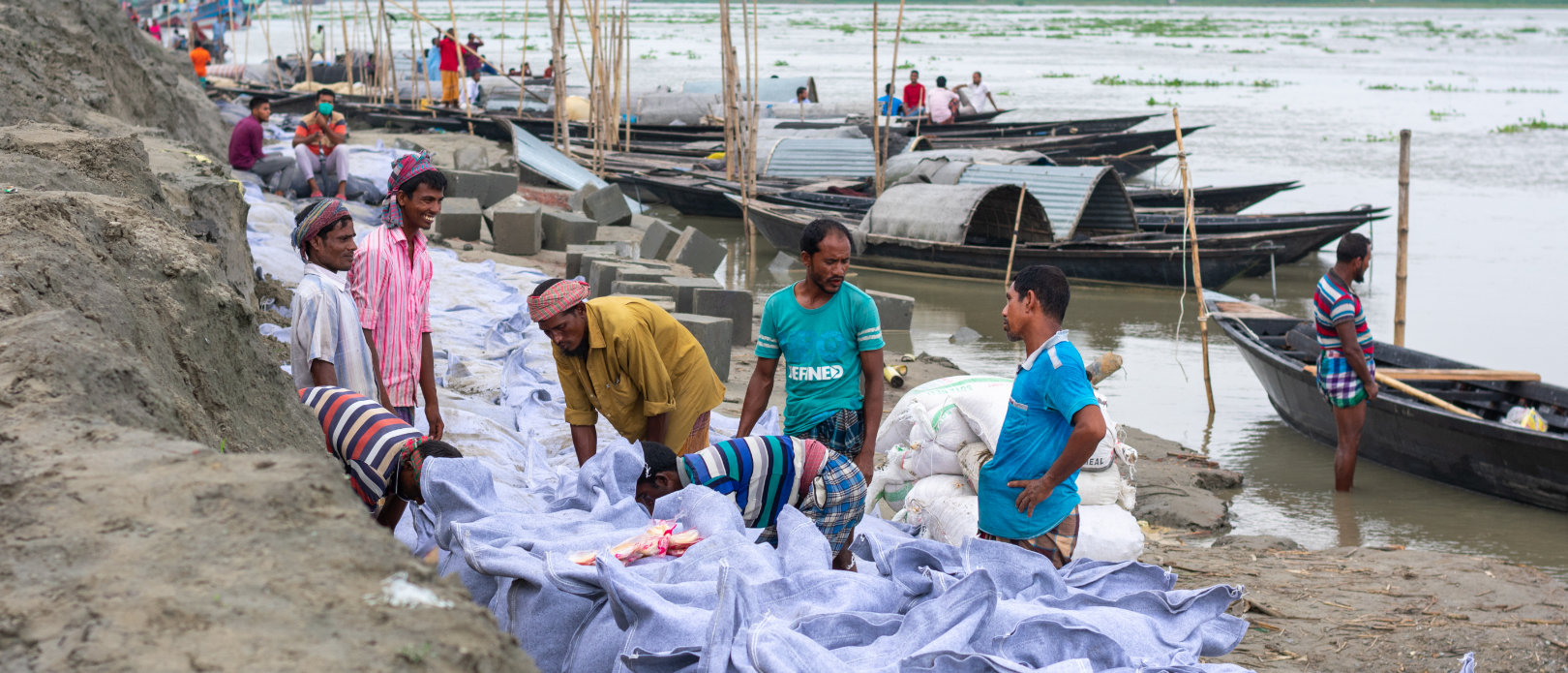Anne-Sophie
Crépin
PhD
Principal researcher (Centre affiliate)
+46 8 673 95 00
Twitter-link
RSS-link
- Regime shifts
- Bio-economic modelling
- Policy design
- Fast and slow variables
- Human behaviour
- Experiments
Anne-Sophie Crépin's research focuses on the interplay between economic incentives, ecosystem regime shifts, policy and human behaviour
Crépin is member of the Strategic Advisory Committee at the Stockholm Resilience Centre, representing the Beijer Institute of Ecological Economics. She also supervises students and teaches within the module Challenges of Environmental Decision-making within the SRC’s Master’s programme, Social-Ecological Resilience for Sustainable Development.
Her research links scientific theories about the Anthropocene, regime shifts and economic dynamics and aims to answer mainly two broad questions:
1. In what way does the interplay between ecosystems and socioeconomic dynamics influence the risk of abrupt changes which could lower human well-being?
2. How can society deal with this risk in a way that sustains long term human well-being?
A substantial part of her work is based on small theoretical dynamic models that combine relevant economic factors with complex ecosystem dynamics. Recent publications also include more empirical studies and behavioural experiments.
Crépin holds a PhD in Economics from the Department of Economics at Stockholm University. Her thesis, titled “Tackling the economics of ecosystems,” was supervised by Martin Dufvenberg and Karl-Göran Mäler. She also holds a Bachelor degree in urban and regional planning from Stockholm University. She received the diploma from Sciences Po Strasbourg (France), which corresponds to a Bachelor/Master’s degree in political sciences and law.
Crépin is the deputy director of the Beijer Institute of Ecological Economics, where she has her main affiliation. She is a regular member of the scientific committee of the annual conference of the European Association of Environmental and Resources Economists, the World Congress in Environmental and Resource Economics, and the Resilience Conference. She is involved in multiple capacity building activities aimed at researchers from developing countries in collaboration with regional networks in Environmental Economics (SANDEE, LACEEP, CEEPA/RANESA and EPSEA).
She was a research group leader and member of the Steering Committee within the 7th Framework EU projects Arctic Climate Change Economy and Society (ACCESS, 2011-2015) and Arctic Tipping Points (2009-2011). She was a council member for the following boards:
- European Association of Environmental and Resource Economics
- Foundation for the International Institute for Industrial Environmental Economics at Lund’s University
- The Expert Group for Environmental Studies, a committee under the Department of Finance in Sweden
- She participated in the Millennium Ecosystem Assessment
Awards and achievements:
- Arnberg Prize 2003 from the Royal Swedish Academy of Sciences
